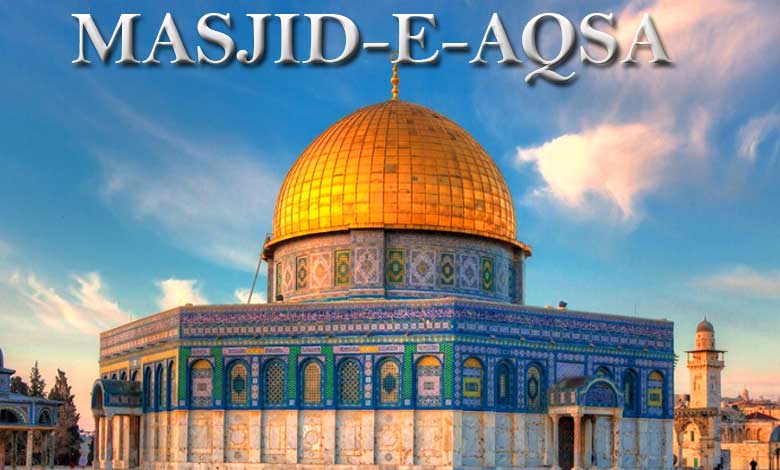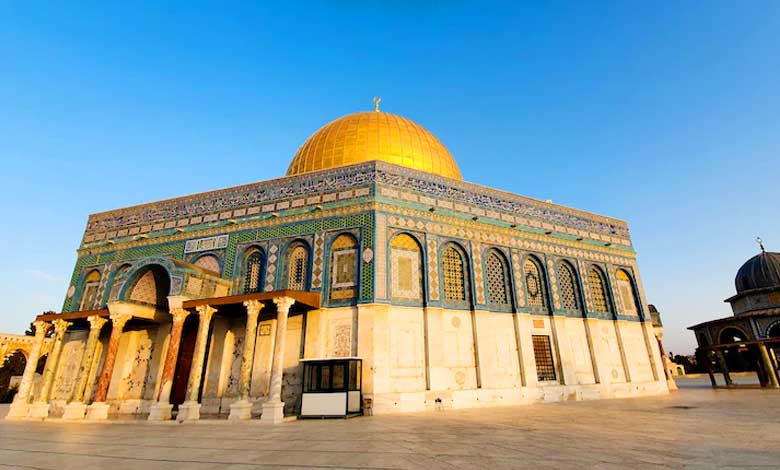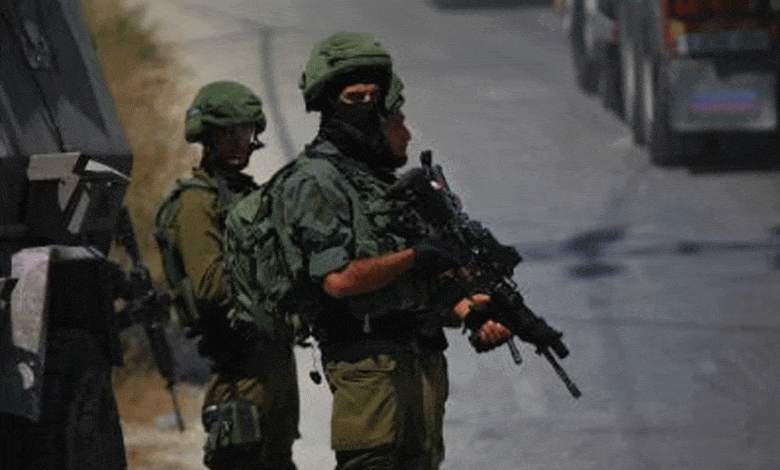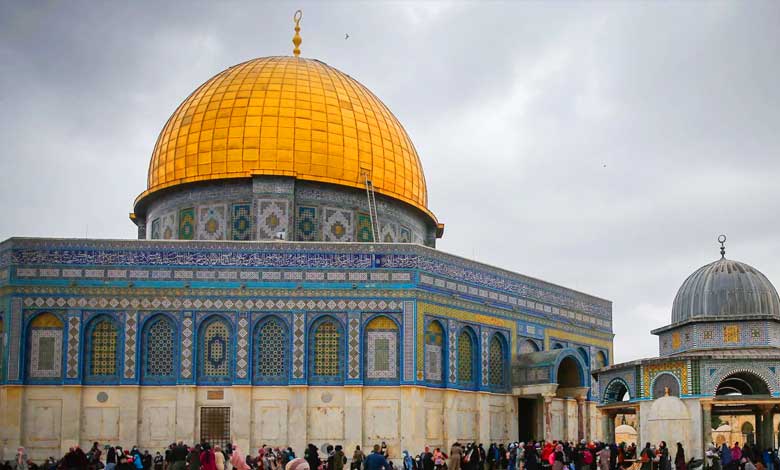Arab League Condemns Israeli Minister Itamar Ben-Gvir’s Storming of Al-Aqsa Mosque
The Arab League strongly condemns Israeli Minister Itamar Ben-Gvir's storming of the Al-Aqsa Mosque compound, calling it a provocative act that escalates tensions. The League warns that Israel’s actions undermine peaceful coexistence and violate the status quo at the holy site.

Cairo: The Arab League (AL) has strongly condemned Israeli National Security Minister Itamar Ben-Gvir’s controversial visit to the Al-Aqsa Mosque compound in East Jerusalem, which was accompanied by a group of hardline settlers.
Table of Contents
The Arab League labeled the incident as a “blatant provocation” and an act that threatens to escalate tensions in the already volatile region.
Arab League Secretary-General’s Statement on the Al-Aqsa Mosque Incident
In a statement released by the Cairo-based Arab League, Secretary-General Ahmed Aboul-Gheit expressed outrage over the actions of Ben-Gvir, stating that his incursion into the Al-Aqsa Mosque compound was a deliberate attempt to provoke and inflame emotions.

Aboul-Gheit emphasized that the visit was conducted under the protection of Israeli “occupying police,” and he pointed out that this move revealed the Israeli government’s deep hostility towards the idea of peaceful coexistence in the region.
“The incursion is a blatant provocation aimed at inflaming emotions and escalating the situation,” Aboul-Gheit said. He also added that this action is part of a wider pattern of Israeli violations of the historical status quo at the Al-Aqsa Mosque, a site that is sacred to both Muslims and Jews.
Al-Aqsa Mosque: A Symbol of Tension and Religious Significance
Al-Aqsa Mosque holds immense religious and political significance for Muslims. It is considered the third-holiest site in Islam, following the mosques in Makkah and Madinah. The mosque is administered by the Jerusalem Awqaf Department, an Islamic religious trust affiliated with Jordan. The site is also revered by Jews as the Temple Mount, which has led to frequent clashes between Jewish and Muslim communities over access and control of the area.
The compound has long been a flashpoint for violence, with tensions often erupting between Jewish and Muslim worshippers, particularly when the status quo is perceived to be violated. Under this arrangement, non-Muslim visitors are allowed to enter the compound but are not permitted to pray there, a rule that was breached by Ben-Gvir during his visit.
Itamar Ben-Gvir’s Visit and Violation of the Status Quo
On the day of the incident, Israeli National Security Minister Itamar Ben-Gvir publicly acknowledged that he had visited the Al-Aqsa Mosque compound and had “said a prayer” during his visit. This act directly violated the long-standing status quo, which permits non-Muslim visitors to tour the site but prohibits them from praying there.
The status quo has been a delicate balance, ensuring that access to the holy site is maintained while avoiding major confrontations between Jewish and Muslim communities.
Ben-Gvir’s actions have sparked outrage across the Arab world, with many condemning the violation of this status quo as an intentional provocation designed to inflame tensions. His visit comes amid rising tensions in Jerusalem, where conflicts over the status and control of sacred sites have become increasingly frequent.
The Arab League’s Rejection of Israeli Policies
The Arab League’s condemnation extends beyond this specific incident. Secretary-General Aboul-Gheit argued that Israel’s ongoing policies and actions in Jerusalem are deliberately undermining any hope for peaceful coexistence between the region’s religious communities.
He stated that the Israeli government’s approach to Al-Aqsa Mosque is part of a broader pattern of actions aimed at altering the historical and religious status of Jerusalem, which is viewed as a city of paramount importance to both Muslims and Jews.

“The policies of Israel, which are rejected and condemned by the international community, are deliberately destroying all possibilities for peaceful coexistence among religions in the region,” Aboul-Gheit added. The Arab League has consistently criticized Israel’s actions in Jerusalem and the broader Palestinian territories, calling for international intervention to preserve the status quo and promote peace in the region.
Saudi Arabia and Broader Regional Reactions
Saudi Arabia, a key member of the Arab League, also voiced its concern over the escalation of Israeli actions in the region. The Saudi Ministry of Foreign Affairs issued a statement condemning the Israeli forces’ advance into southern Syria after the fall of Bashar al-Assad’s regime earlier in December.
The Saudi government described these operations as an attempt to destabilize Syria and undermine efforts to restore its security and stability.
The Saudi condemnation adds to the broader regional backlash against Israeli actions in Jerusalem and other Palestinian territories. The Arab League’s response reflects a growing sense of unity among Arab nations in opposing Israeli policies in Jerusalem and the surrounding areas, which they view as a violation of international law and a threat to regional peace.
Also Read | Palestinian Muslims allowed to enter Al-Aqsa Mosque during Ramadan
The Future of Al-Aqsa Mosque and Peace in Jerusalem
The storming of the Al-Aqsa Mosque compound by Israeli officials is a stark reminder of the fragile nature of peace in Jerusalem. The city holds deep religious and cultural significance for Jews, Muslims, and Christians alike, and any perceived change in the status quo can ignite tensions across the region.
The Arab League’s condemnation highlights the deepening rift between Israel and many Arab nations, particularly concerning the treatment of holy sites in Jerusalem.

As the situation continues to evolve, the international community will be closely watching how Israel’s policies towards Al-Aqsa Mosque and Jerusalem unfold. For many in the Arab world, the protection of Jerusalem’s status as a shared and peaceful religious site is a central issue in the broader Israeli-Palestinian conflict.
The conflict over the Al-Aqsa Mosque is emblematic of the ongoing struggles for control and religious authority in Jerusalem. Both sides of the conflict—Muslims and Jews—view the site as sacred, but they are divided by differing religious, political, and historical perspectives. As long as tensions persist, the Al-Aqsa Mosque remains a central flashpoint for the future of peace and stability in the region.
